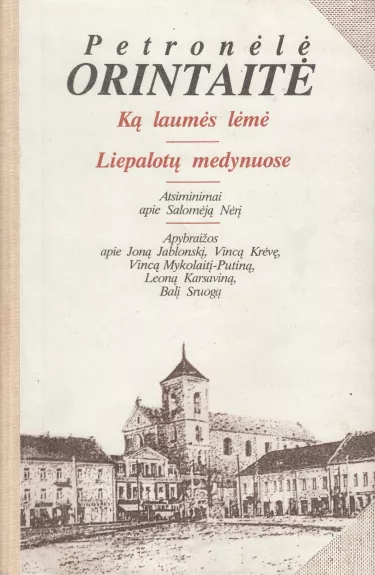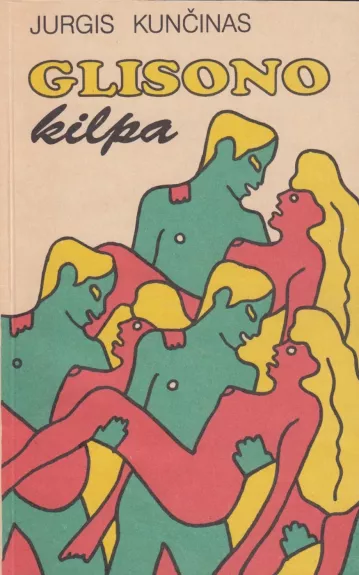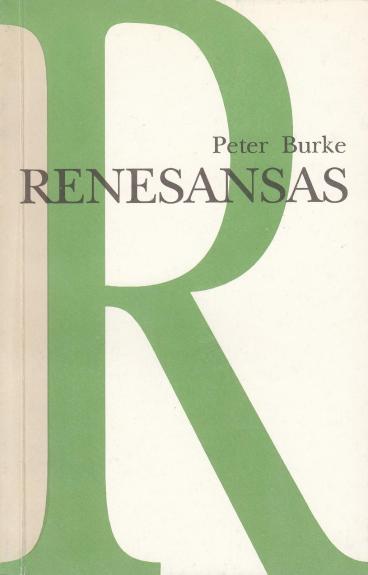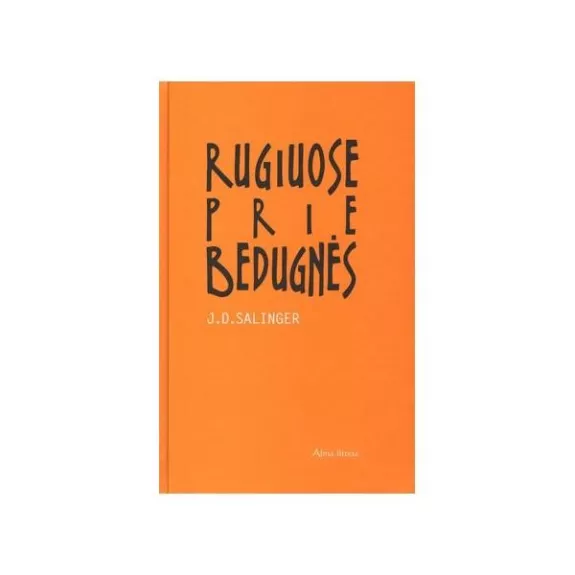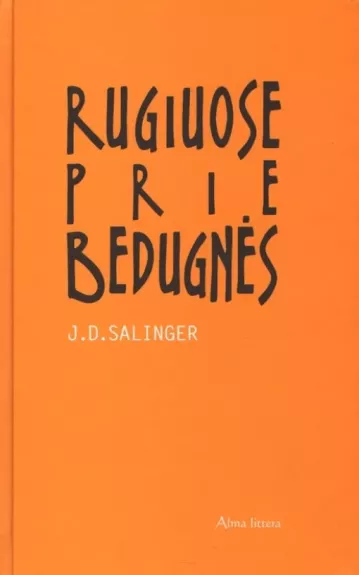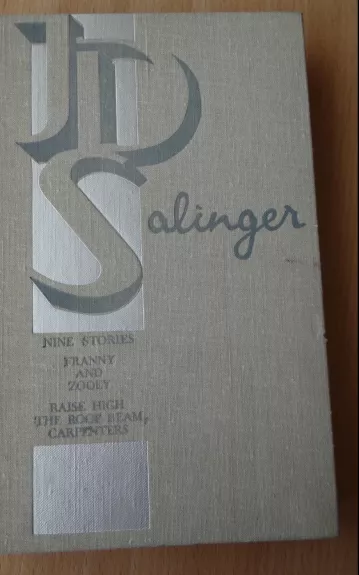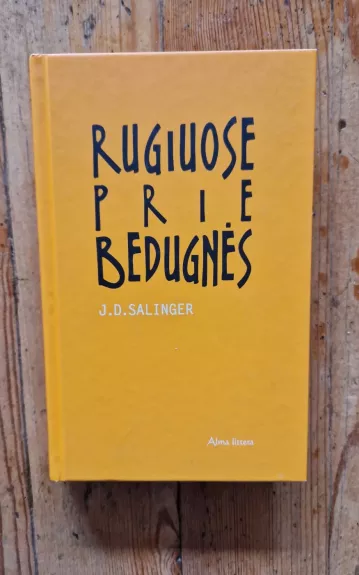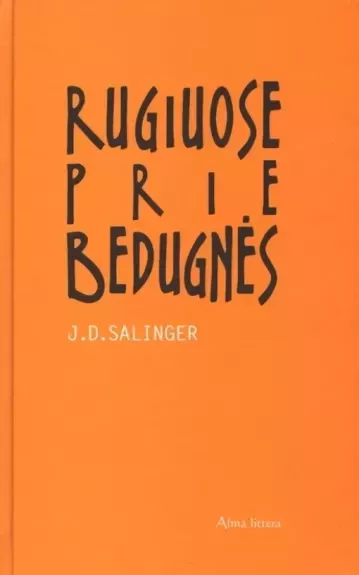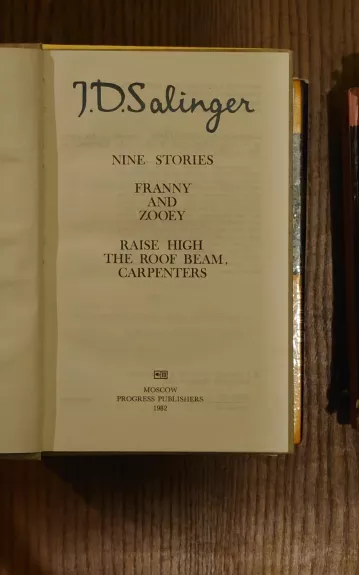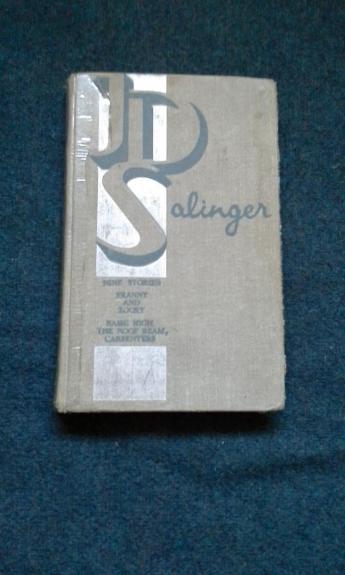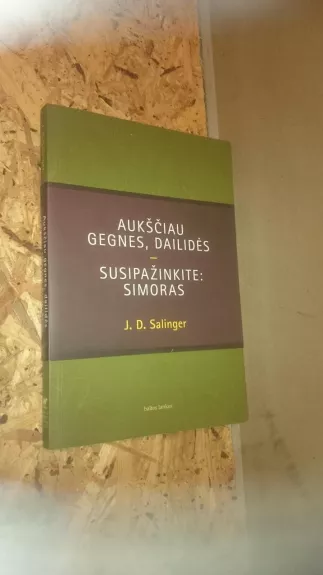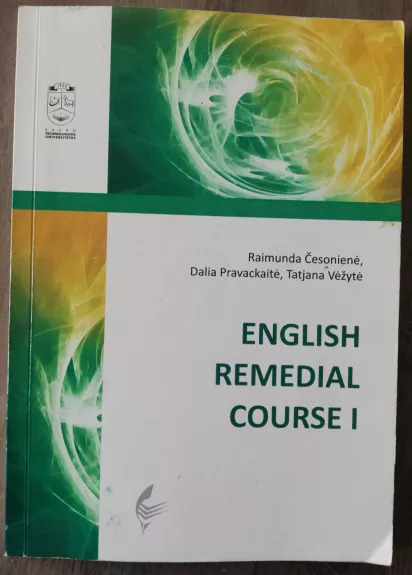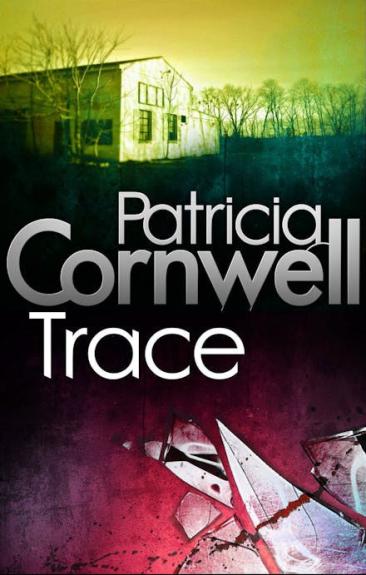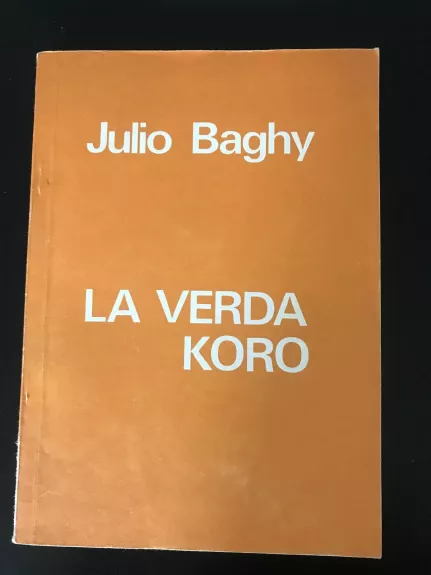
Nine stories. Franny and Zooey. Raise High The Roof Beam, Carpenters
Nine exceptional stories from one of the great literary voices of the twentieth century. Witty, urbane, and frequently affecting, Nine Stories sits alongside Salinger's very best work--a treasure that will passed down for many generations to come. The stories:
• A Perfect Day for Bananafish
• Uncle Wiggily in Connecticut
• Just Before the War with the Eskimos
• The Laughing Man
• Down at the Dinghy
• For Esmé--with Love and Squalor
• Pretty Mouth and Green My Eyes
• De Daumier-Smith's Blue Period
• Teddy
Franny Glass and Lane Coutell are the perfect campus couple: beautiful, intelligent, their whole lives ahead of them. But on the weekend of the big game, when Franny comes to visit, something goes wrong and tensions begin to surface.
Franny's older brother is Zooey. They come from a sophisticated and highly eccentric family: all seven Glass siblings are former child stars, each in their own way charismatic and yet damaged. And when Franny's anxiety spirals into a more serious breakdown, Zooey is the only one who might be able to reach her.
A novel in two intertwining stories, Franny and Zooey brilliantly captures the emotional strains and ruptures of entering adulthood. Enduringly resonant, incisive and expansive in both sense of that word, it is unmistakeably the work of a master.
"Perhaps the best book by the foremost stylist of his generation" (New York Times), J. D. Salinger's Franny and Zooey collects two works of fiction about the Glass family originally published in The New Yorker.
Like many of the other Glass family stories, Raise High the Roof Beam, Carpenters is narrated by Buddy Glass, the second of the Glass brothers. It describes Buddy's visit on Army leave (during World War II, in 1942) to attend the wedding of his brother Seymour to Muriel and tells of the aftermath when Seymour fails to show. The events set the stage for Seymour's suicide in 1948. Seymour is described through the eyes of Buddy and through those of the would-be wedding's attendants.
Throughout the story, the Matron of Honor criticizes Seymour, and describes how smart Muriel's mother Rhea is and her theories on Seymour's behavior. The conversations and Buddy's subsequent retort illustrates Buddy's annoyance with judgmental and insensitive people, and also reveals his closeness to Seymour. At one point in the story, Buddy finds Seymour's diary and rescues it before anyone can see it. He brings it in the bathroom and reads the only direct, unfiltered dialogue from Seymour.
The title is the first line of a message left for Seymour by his sister Boo Boo on the bathroom mirror of the family's apartment, which Buddy discovers towards the end of the story. The message itself begins with a line taken from Sappho's fragment LP 111:
“Raise high the roof beam, carpenters. Like Ares comes the bridegroom, taller far than a tall man.”


